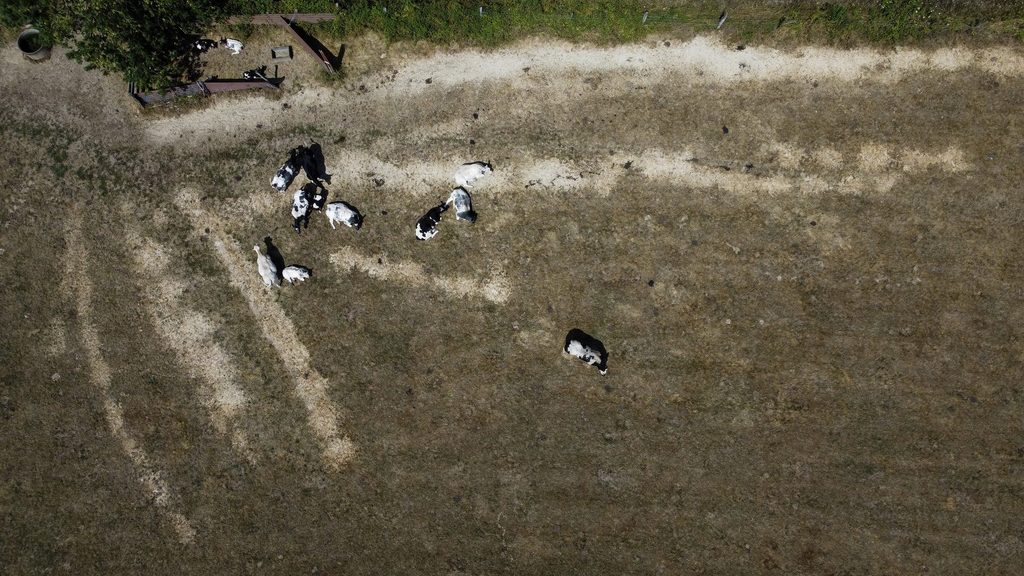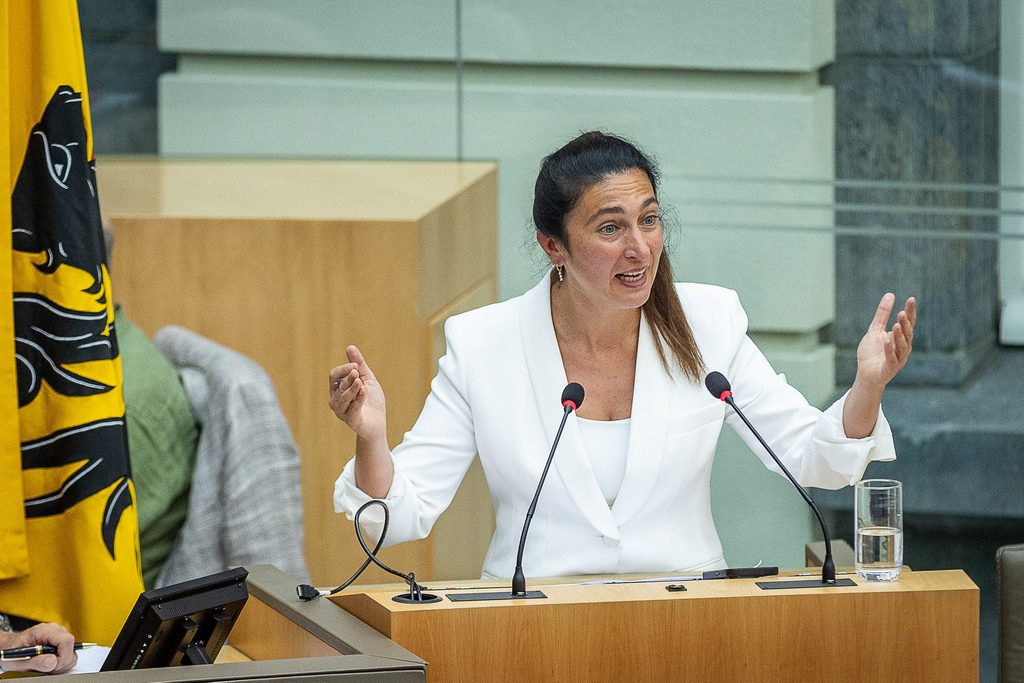Belgium has failed to submit a national climate plan to the European Commission by its set deadline due to wrangling over who will bear the financial burden. Flanders is refusing to align with the European objectives, arguing against its costs.
In recent weeks, competent ministers are openly acknowledging that Belgium has not met the deadline for its national climate plan. The deadline was set for Friday 30 June, with the expectation that Belgium would submit a draft text to the European Commission, outlining how it intends to achieve the Commission's stricter climate targets. Belgium is required to reduce its greenhouse gas emissions by 47% by 2030.
However, the national climate plan is not ready. The plan itself is meant to be a compilation of regional and federal climate plans, accompanied by an overarching vision. Ideally, when combined, these plans should meet the 47% target. However, while the Walloon, Brussels, and federal governments aim to achieve this target, Flanders is only committing to a 40% reduction in its renewed climate plan. As a result, Belgium's overall reduction falls short at 42.6%.
Flanders holding back Belgian ambitions
Consequently, negotiations have reached an impasse. The other competent governments are urging Flanders to increase its ambitions or bear the financial consequences. However, Flanders refuses to comply. Alain Maron, the Brussels Climate Minister, who is responsible for the national climate plan, recently announced that he would not submit a climate plan.
On the June 30 deadline, the cabinet of Flemish Minister for the Environment Zuhal Demir (N-VA) argues that missing it is not a significant problem, stating that the submission is merely a draft text, on which the European Commission can provide feedback. The final plan is not due until June 2024.

Low rainfall from March and the extremely dry weather of July result in a critically low groundwater level in Flanders in 2022.
Credit: Belga / Nicolas Maeterlinck
In itself, the failure to achieve a 47% reduction in net emissions for Belgium may not be a significant problem. European climate legislation provides avenues for bridging this gap, particularly for highly industrialised countries.
Belgium can offset its deficits by purchasing emission rights from other European member states that have a surplus and emit less than their allowed limit. Alternatively, Belgium can convert a portion of the European funds received from the ETS emissions trading system into its own emission rights.
'Not implementing the Greens programme'
Flanders is already incurring costs through these mechanisms. According to the Flemish climate plan, it spent €127.1 million between 2021 and 2022. Furthermore, Flanders anticipates such costs in the coming years. To achieve its own target of a 40% reduction, Flanders expects to compensate for 3.5 megatons of CO₂.
Moreover, if Belgium fails to reach its national target, additional costs will be incurred by the entire country. Currently, there is a 13-million-tonne gap between the European and Belgian ambitions until 2030. At a carbon price of €80 per tonne, this amounts to approximately €1.04 billion. However, the exact cost depends on factors like future fluctuations in carbon prices.

Flemish Minister of Environment, Energy, Tourism and Justice Zuhal Demir (N-VA). Credit: Belga / James Arthur Gekiere
The question of who will bear these costs remains unresolved. It has become the focal point in negotiations. From the European perspective, it does not matter which government foots the bill; the Member State will be held responsible. As for the regional governments and the federal government, they are locked in a battle to determine who should bear the financial burden.
If the other regions and the federal government have their way, Flanders will bear the additional costs. However, Flanders refuses, citing disagreement with the objectives imposed by the Commission. Minister Demir stated, "Flanders is fully committed to a 40% reduction by 2030, but we will not implement the Greens program. If a bill is presented, it is because the federal government recklessly supports unattainable goals without the support of the largest state."
The question now is who will back down first. One thing is clear: until an agreement is reached on sharing the burden, the benefits will not be distributed either. Consequently, Belgium risks experiencing delays in receiving EU climate funding.

